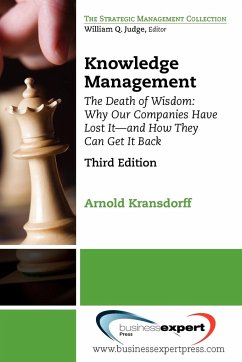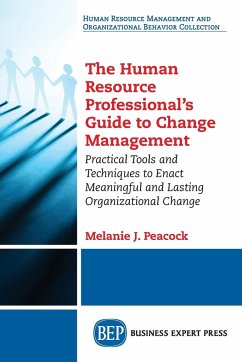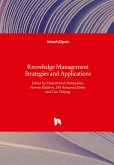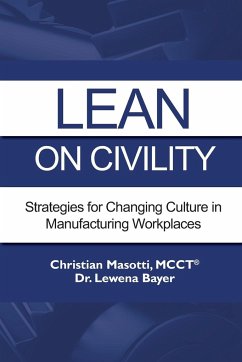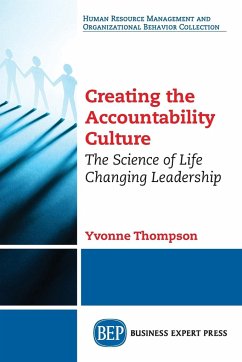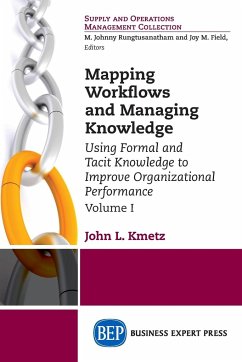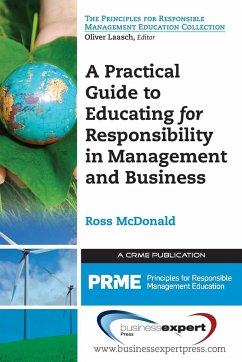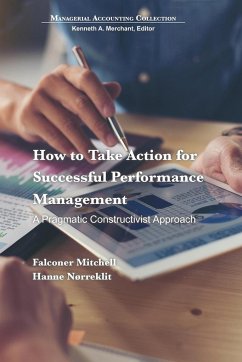Conceived less than 20 years ago, "Knowledge Management" (KM) is the business discipline about which managers perhaps know the least. Addressing the limitations of conventional approaches to decision making and Experiential Learning, this book takes KM to the next level with the biggest big-ticket application of all in today's economic quagmire.
This book is about an unintended-and unnoticed-consequence that is needlessly costing commerce and industry an unimaginable amount of money. It was in the early 1980s that someone smart thought that the flexible labor market would allow employers to quickly adapt their workforce to the new industrial technology-led revolution. It did, but the trouble is that nobody thought of the downside consequences- short jobs tenure and the continual loss of the organizations' unique, hard-won and expensively acquired knowledge and experience. Inside, you'll learn how employers can continue to take advantage of the flexible labor market while holding on to their special knowledge and experience. It's a way of recovering lost continuity, allowing rolling generations of employees to learn more effectively from tried-and-tested experience and thus improve their decision making. Called experiential learning that has been adapted to the modern workplace, it's a way of helping to banish all those repeated mistakes, re-invented wheels and other unlearned lessons that litter modern industry and commerce.
Hinweis: Dieser Artikel kann nur an eine deutsche Lieferadresse ausgeliefert werden.
This book is about an unintended-and unnoticed-consequence that is needlessly costing commerce and industry an unimaginable amount of money. It was in the early 1980s that someone smart thought that the flexible labor market would allow employers to quickly adapt their workforce to the new industrial technology-led revolution. It did, but the trouble is that nobody thought of the downside consequences- short jobs tenure and the continual loss of the organizations' unique, hard-won and expensively acquired knowledge and experience. Inside, you'll learn how employers can continue to take advantage of the flexible labor market while holding on to their special knowledge and experience. It's a way of recovering lost continuity, allowing rolling generations of employees to learn more effectively from tried-and-tested experience and thus improve their decision making. Called experiential learning that has been adapted to the modern workplace, it's a way of helping to banish all those repeated mistakes, re-invented wheels and other unlearned lessons that litter modern industry and commerce.
Hinweis: Dieser Artikel kann nur an eine deutsche Lieferadresse ausgeliefert werden.

